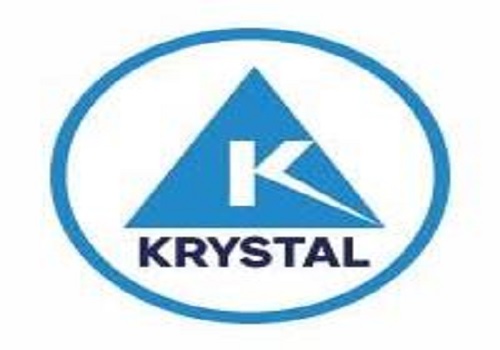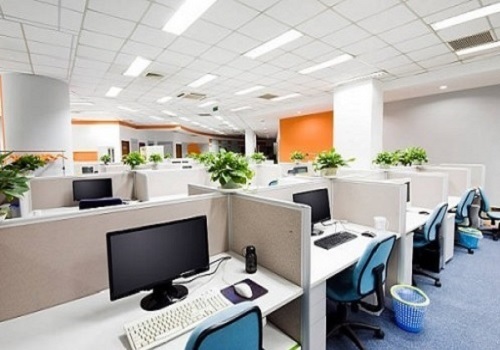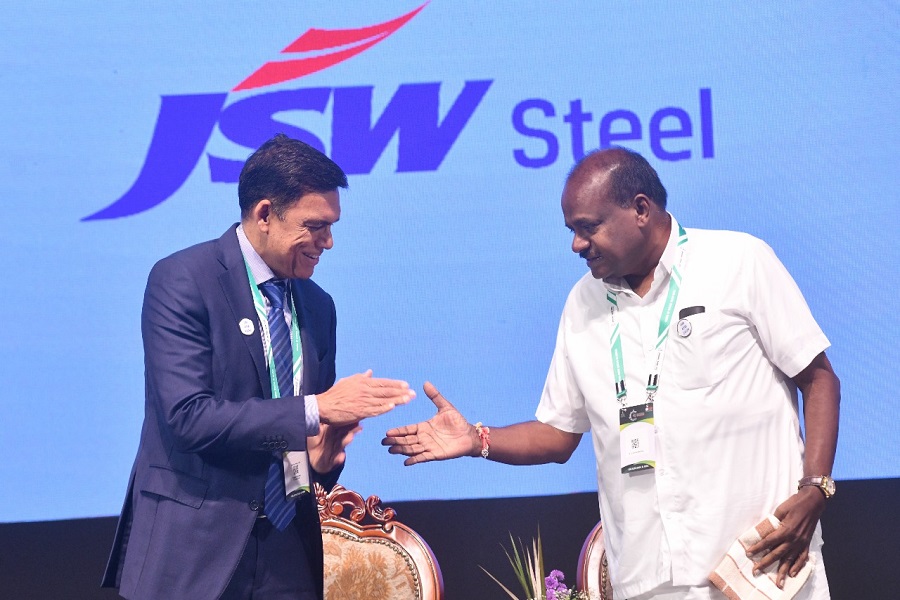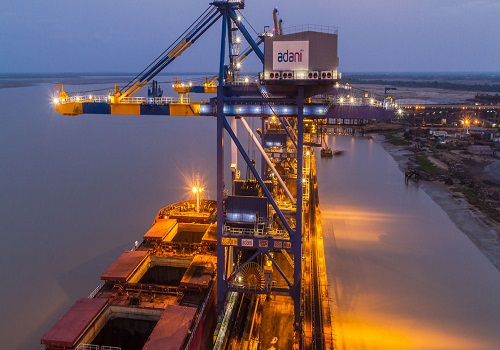Over 80% occupiers plan to expand through flex spaces in the next 3-5 years

Reimagination of workplace, changing perceptions and enterprise-level offerings have been driving heightened flex adoption in recent years. These sentiments are echoed in our latest survey-based report Flex Spaces: Reshaping the New-Age India Office Market. The report highlights that over 80% occupiers prefer to expand their office portfolio through flex spaces in the next few years. Interestingly, large corporates have also been increasingly embedding flex space as a part of their real estate footprint. This trend of higher flex space adoption is mainly led by its inherent advantage of adding flexibility to real estate portfolio while providing sufficient wiggle room to manage costs. Benefits relating to enhanced productivity, spaces replete with tech & security features and sustainability only strengthens its business case. The growth in flex space endorsement is expected to be highest amongst multi-national companies (MNCs), with an anticipated 3-4X times rise from current levels by 2030.
With a significant rise in share of flex spaces in Grade A office space demand and changing occupier preferences, flex spaces have solidified their position in the India office market. As occupiers disclose their future portfolio expansion plans, the survey trends in the report are indicative of a high growth trajectory for flex spaces in India in the coming years. For the purpose of this report, the survey spanned across a varied spectrum of start-ups, MNCs and GCCs targeting senior management personnel including key decision makers in the areas of real estate, administration, corporate strategy, etc.
Key survey results -
|
About 60% occupiers to have >20% share of flex spaces in their office portfolios in the next few years. Moreover, about 30% occupiers prefer to have >40% share. |
|
Over 80% occupiers to expand their office portfolios through adoption of flex spaces in the next few years |
|
About 60% occupiers opine flex spaces are complementing real estate requirements, increasing flexibility and scalability of operations |
|
About 40% occupiers envisage flex spaces as centers of core business operations |
|
77% occupiers prefer relatively longer lease periods of >1 year |
|
~45% occupiers prefer core areas of major cities for office portfolio expansion |
Source: Colliers
“With flex space offerings transforming from niche to mainstream, they are expected to increasingly define the contours of Grade A office space demand in India. As per the report, 60% occupiers are likely to have a flex share of 20% or more in their office portfolio over the course of next 3-5 years, up from the present 40%. Earlier flex spaces were predominantly occupied by start-ups. However, over the next few years, more than two-thirds of real estate expansion across occupier segments will be through flex spaces. Notably, over 80% of the expansion in technology, engineering & manufacturing and healthcare sectors, would be through flex spaces.” says Arpit Mehrotra, Managing Director, Office services, Colliers India
Flex spaces emerging as centres of core business operations
Flex spaces are now being repurposed and fulfilling roles beyond support centres. With both cost arbitrage and enterprise-level offerings coming into play, occupiers are increasingly embracing flex spaces for their core business operations. About 45% and 35% of mid and large sized companies respectively are carrying out their core business operations in flex spaces. Notably, with increasing technology adeptness in flex spaces, about 40% of the technology sector occupiers are using flex spaces for core business operations.
“Workspaces have steadily evolved to become centres for collaboration, innovation, wellbeing etc. and flex spaces provide holistic solutions for the new-age workspace. With maturity of flex space market and enterprise-level services on offer, occupiers are amenable with relatively longer commitment periods as well. About three-fourths of the surveyed occupiers, including MNCs and large domestic occupiers, feel positively inclined for relatively longer commitment periods. Over the next few years, average commitment period for flex spaces can potentially reach close to 3 years, a significant increase from the typical lease agreements of less than a year in the pre-pandemic period. “said Vimal Nadar, Senior Director & Head of Research, Colliers India
Core areas of major cities continue to be the preferred areas for portfolio expansion
Location continues to be of significant importance to occupiers, with about 60% respondents considering it as the most important parameter for expansion. Interestingly, while expanding, occupiers are likely to lean towards flex spaces with attractive offerings in central areas as compared to facilities in peripheral areas. Going ahead, about 45% of surveyed occupiers would opt for future expansion through flex spaces in CBD/SBD locations of tier I or tier II cities. In terms of work-place strategy, flex spaces are likley to champion distributed work models. About half of the larger companies including Global Capability Centers (GCCs) and MNCs envisage flex spaces to act as both hub and spoke offices in the next few years.
Above views are of the author and not of the website kindly read disclaimer





















